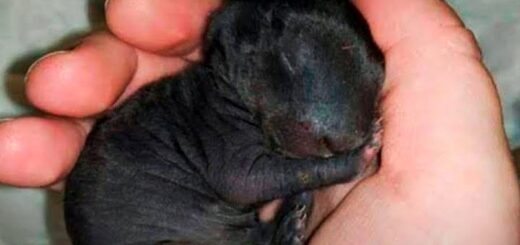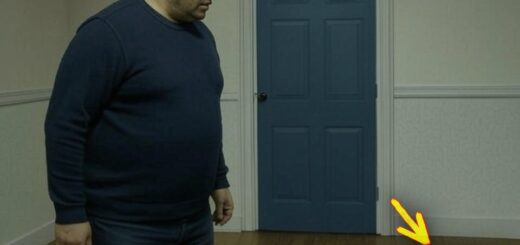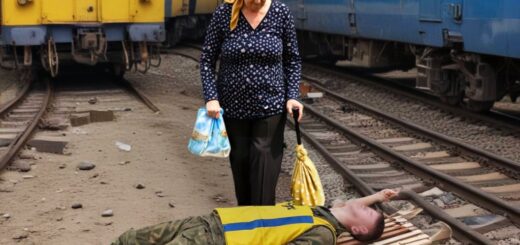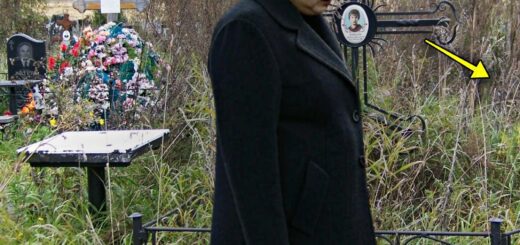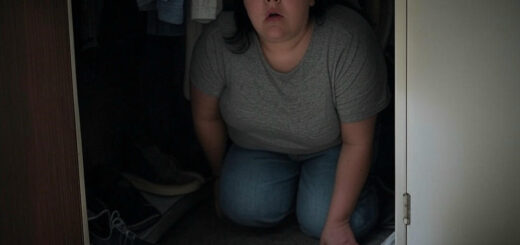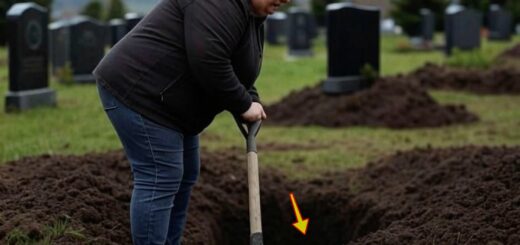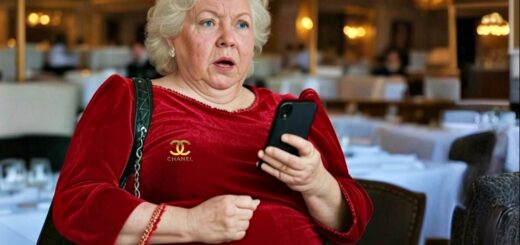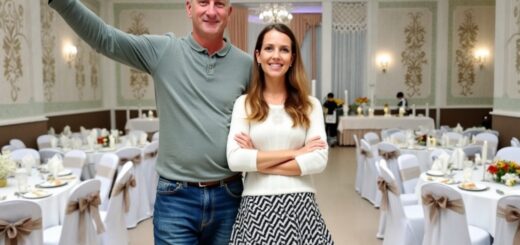My husband went missing in 2005. Yesterday, I got a birthday card from him that said, «I never left — look in the basement.»…
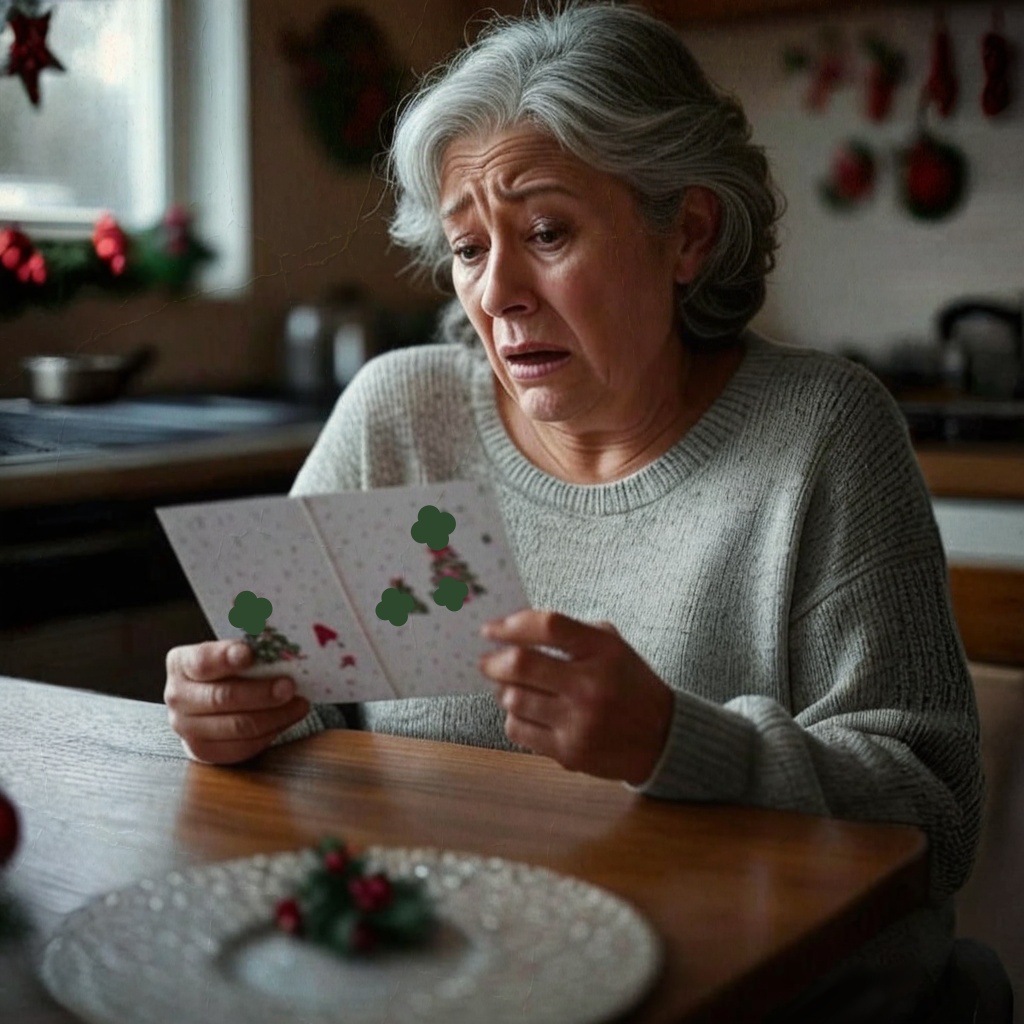
It came on the morning of my 64th birthday. Plain envelope, no return address, no stamp, just my name, handwritten in familiar slanted print. Marla.
I almost didn’t notice it, it had been slid under the front door, blending in with the bills and circulars. The envelope looked like nothing special, but something about the handwriting made my stomach turn. My hand hovered over it for a second before I picked it up.
My heart was already beating faster. I sat down on the couch and slowly opened it, feeling strangely cold despite the morning sun streaming through the living room windows. Inside was a birthday card, one of those generic kinds with watercolor flowers and soft blue script that read, wishing you peace and joy.
I hadn’t had peace in years, but that wasn’t what stopped my breath. It was the handwriting inside. I knew it.
Every loop. Every line. Ellis used to write me little notes in my lunch back when we were young.
Don’t forget to smile. Come home safe. Miss you already.
I hadn’t seen his writing in 20 years, and there it was staring up at me now. Happy birthday, Marla. I never left.
Look in the basement. The card slid from my hand and fell to the carpet. I felt the blood drain from my face.
I couldn’t move, couldn’t even blink. My mind raced in every direction at once. Ellis.
My husband. Gone since 2005. The police found his car abandoned by the river.
Inside they discovered his wallet, his phone, his wedding band. Everything but him. They told me it was likely suicide.
The current strong, they said. Sometimes the body’s never recovered. We held a memorial.
An empty coffin. Friends, casseroles, silence. I grieved him.
I hated him. I forgave him. I grieved again.
And then I spent the next 20 years alone, carrying a million unanswered questions. And now, this. I picked up the card again, holding it like it might burn me.
I turned it over, searching for anything else. No signature. No date.
Nothing but that single sentence written in a way only Ellis could write. I never left. My mouth felt dry.
I stood up slowly and walked to the hallway mirror, looked at myself. My reflection looked the same. Not older or younger, just stunned.
I whispered, no. This has to be a prank. But there was no one to prank me.
I didn’t keep close friends anymore. Brenna lived across the country now, and no one else even remembered the anniversary of his disappearance. I walked to the front door, opened it, looked up and down the street.
No one. Just the breeze rustling the trees. A stray newspaper still lying in the driveway.
Who could have put it there? Who would? My heart pounded in my ears as I stared at the envelope again. I turned and faced the hallway that led to the basement. That basement had been silent for two decades.
I hadn’t done more than sweep it out once or twice a year. I didn’t need storage space. I didn’t need reminders.
But now all I could think was, what did he mean? Look in the basement. Was it a metaphor? A threat? A cry for help? I didn’t want to go down there, not alone, not without answers. But I also couldn’t ignore it.
And deep down, under the panic and the shock, there was something else. Hope. Not the innocent, joyful kind.
No. This hope had jagged edges. It made my stomach turn.
But it was there all the same. I took a breath, grabbed the flashlight from the drawer, and headed for the basement door. My hand trembled as I reached for the knob.
Whatever I was about to find, one thing was certain. My story, the story I had told myself for 20 years, was about to change. Back in 2004, if you had asked me to describe my life, I would have called it ordinary, maybe even boring, but in the best possible way.
I was 43, married for over two decades to Ellis Granger, a man who folded his socks with military precision and always left two sips of coffee in the pot like it was some kind of ritual. We lived in a modest three-bedroom house in a quiet Pennsylvania suburb, just far enough from the city to hear crickets at night. Ellis was a high school history teacher, beloved by students for his bad puns and obsession with presidential trivia.
He never forgot to turn off the oven, always raked the leaves before the first frost, and didn’t believe in replacing things until they truly fell apart. That included our 15-year-old dishwasher and, some might say, our marriage. But we worked.
We understood each other. We didn’t fight. Not the loud kind, anyway.
We made decisions together. We planned vacations around Brenna’s school breaks. We had routines, rituals, and quiet jokes only the two of us understood.
I was working part-time at the local library back then. My world was small but peaceful. Mornings started with Ellis reading the newspaper and me packing his lunch, always turkey and Swiss, apple slices, and a peanut butter cookie I knew he’d give to a student who looked like they needed one.
Evenings were quieter. Dinner, dishes, and then sitting on the porch while he graded papers and I read mystery novels. Our daughter Brenna was in her second year at college in Vermont, majoring in environmental science.
She called twice a week, always with some new update about composting or protests or a professor she admired. I missed her terribly, but I was proud. Ellis was too, though he never said it quite like I did.
His way of showing love was more practical, sending her extra socks in the winter, mailing articles clipped from the newspaper. She’ll know I’m thinking of her, he’d say. Looking back, there weren’t fireworks in our marriage, but there was comfort.
And comfort, when you’ve been with someone long enough, feels like love. Every Friday night, we ordered from Sal’s Pizza. We didn’t even need to ask each other what we wanted.
Half mushroom and black olive for me, plain cheese for him. He always picked the movie, usually something with spies or submarines, and I always fell asleep halfway through. He’d nudge me awake when the credits rolled and say, you missed the best part, like he always did.
On Sundays, we’d walk to the farmer’s market, hand in hand, he always carried the bags, even when I offered. We never talked about anything groundbreaking, usually weather, neighborhood gossip, whose kid was getting married, but I never felt bored. I felt safe, held, like the world could change around us, but we’d stay the same…

